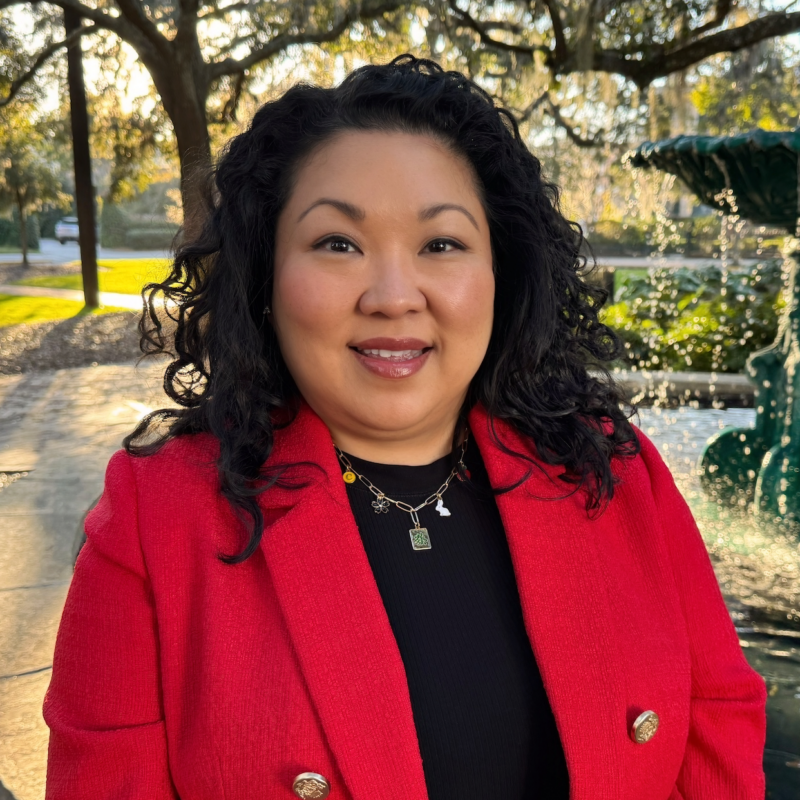The Future of Higher Education during Uncertain Times: The Role of Academic Activism and Collective Action
by Christina W. Yao, PhD
Associate Professor, University of South Carolina
As a higher education faculty in the United States, I see and feel the weight of trying to do my job in wake of what I consider to be great political turmoil in recent weeks. To be transparent, I, like many other faculty, am not okay as an academic and as a human being trying to navigate new directives coming out in the first weeks of the new Trump administration. Unsurprisingly, the many changes affecting higher education leave me worrying primarily about my students, especially those that I advise and teach.
Unfortunately, much of what was predicted in Michael W. Apple’s podcast “Trump 2.0 and Education” , has already been enacted as evidenced by recent cuts in federal funding and dismantling of diversity, equity, and inclusion efforts. To a certain extent, this podcast predicted the future with Michael stating, “I think he’ll be much more successful” when asked about Trump enacting policy changes that affect people directly. Within just the first week of the new presidential administration, higher education institutions and faculty are scrambling to make sense of new executive orders related to federal funding—orders that directly impact my colleagues and students who are funded through federal grant dollars.
As a faculty member, I feel stressed by all of these changes happening within these first weeks. When I feel like I don’t really know what to do, I often turn to others much smarter than I am to get some perspective to help me navigate difficult times in academia. I returned to Leigh Patel’s episode “No Study Without Struggle” which may be perceived to start out a bit grim in the discussion of settler colonialism and racism. But ultimately, it’s a conversation about how people go through to learn and study. I appreciate the reminder closer to the end of the episode about the importance of study groups for learning from past movements and advancing transformative learning. Leigh poses the question at the end: “What does it mean to be in relation and learn together and widen, open who gets to learn?” This is a powerful reflection question that reminds us that we have to continue learning and working together in the struggle.
In this time of ambiguity and worry, I listened again to Colette Cann and Eric DeMeulenaere’s episode about “Becoming an Activist Academic” which I find inspiring and encouraging. In this episode, Colette and Eric have a conversation about what it means to be an activist academic, and more importantly, how their academic and professional experiences led them to this point of their careers as activist academics. I find this episode incredibly motivating, especially in Colette’s assertion that we should focus on “humanizing our work” through relationship building, which reminds me to seek community in navigating the stressors of the past few weeks. Most importantly, Eric reminds us to build “those utopian visions” that are often overwhelming from a larger scale perspective, yet we have to continue to do this work within our smaller departments or programs. Again, a great reminder to build community and focus on making incremental change that makes a difference in my sphere of influence.
I want to circle back to Micheal W. Apple’s episode to uplift a statement in the podcast: “I want to always remember that our cynicism, our feeling of tragedy, is important, but that leads to paralysis, and that is the worst possible thing that can happen.” I feel cynical and I feel a sense of tragedy, but as reminded by Leigh Patel, Colette Cann, and Eric DeMeulenaere, we cannot be paralyzed in fear and must continue to advance our work in education despite the many challenges facing us ahead.
April 4, 2025






